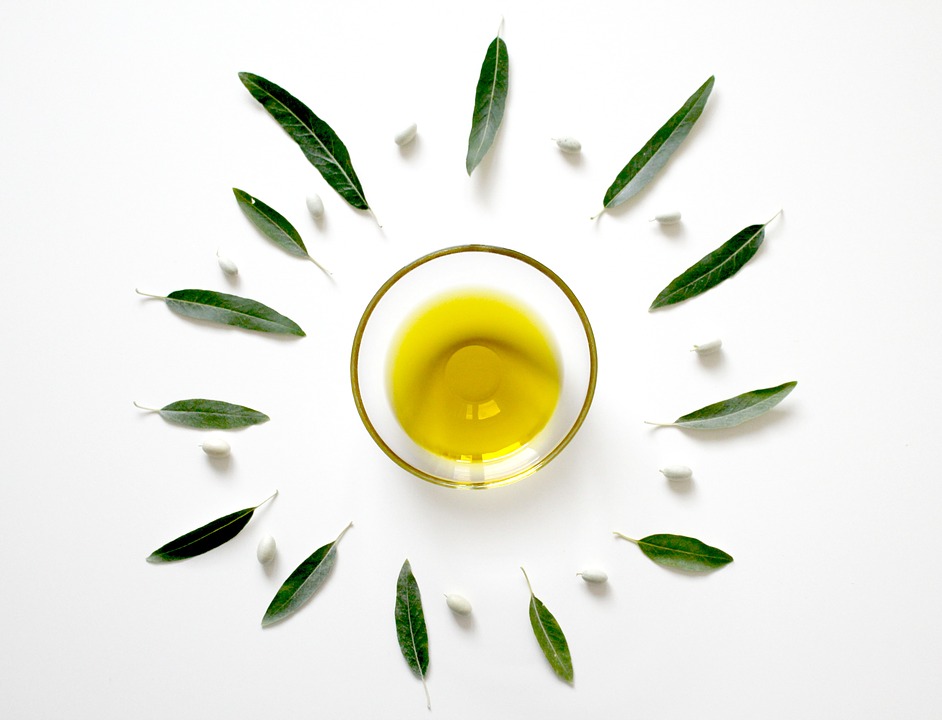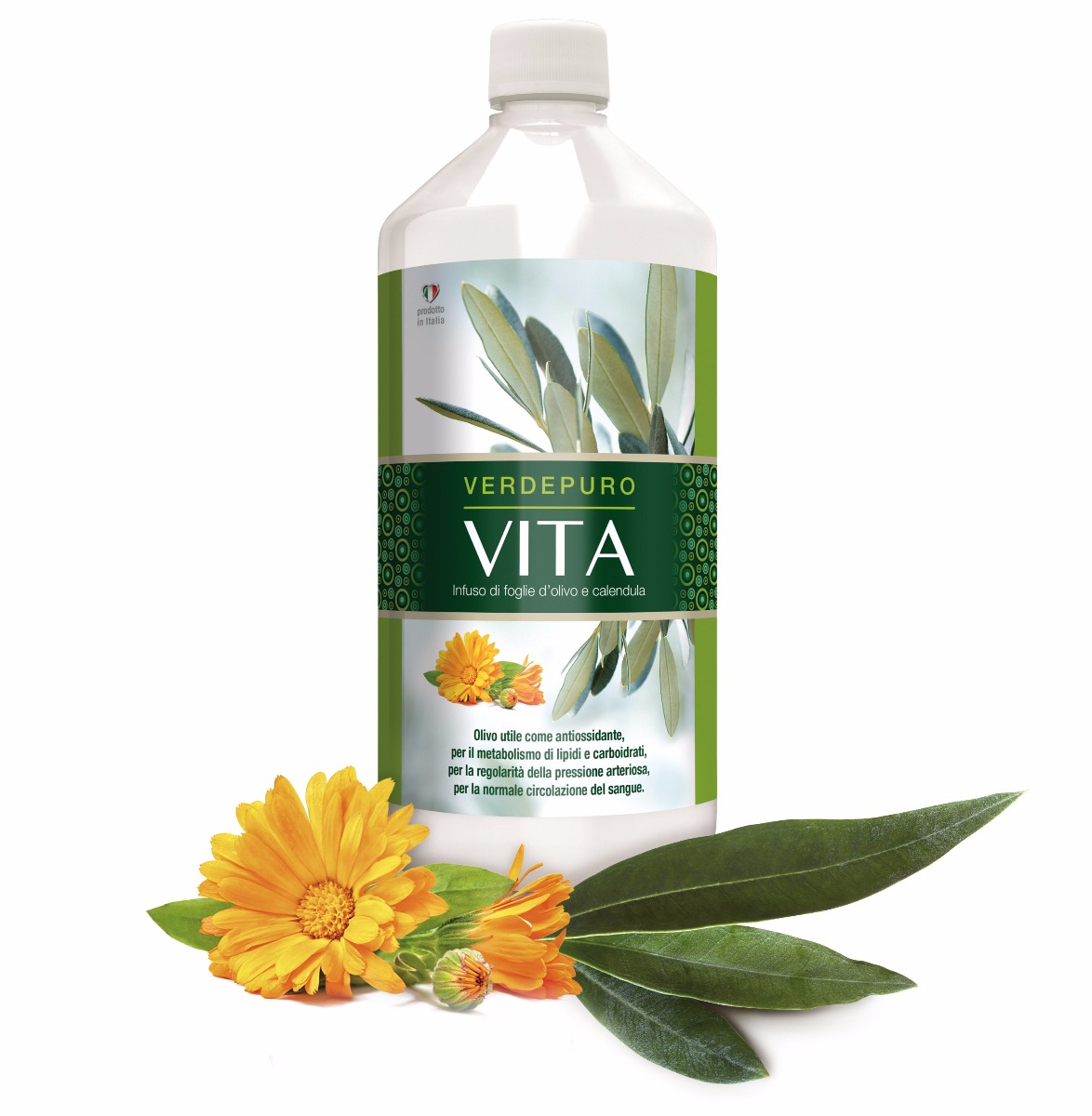We use cookies to make your experience better. To comply with the new e-Privacy directive, we need to ask for your consent to set the cookies. Learn more.
What is Cholesterol?
Cholesterol is a waxy, fat-like substance that is found in all cells of the human body. Although this term is usually viewed in a negative sense, cholesterol is an imperative factor when hormones, cell membranes and vitamin D are produced – all of which are substances necessary to carry out regular bodily functions.
Your own liver creates all of the cholesterol present in your body. All excess is derived from food sources, including meat, poultry, fish and dairy products.
As mentioned, this substance is necessary to live a healthy life. Unfortunately, due to its high presence in certain food sources, these levels could reach dangerous heights.
High, uncontrolled levels of cholesterol can result in serious health issues, such as coronary heart disease. This disease occurs from plaque build-up in the arterial walls, which, over time, will eventually cause full blockage of the artery – triggering a heart attack or stroke.
Bad Cholesterol VS good Cholesterol (LDL vs HDL)
Cholesterol needs lipoproteins to be transported from one area of the body to its final destination, via the bloodstream. Cholesterol is used to build cells and certain hormones
A high level of low-density lipoproteins (LDL), also known as “bad cholesterol”, promotes a build-up of cholesterol in your arteries that will eventually harden into a tough plaque (atherosclerosis), which can potentially cause high blood pressure, angina, heart attack, or even stroke.
High-density lipoproteins (HDL), also known as “good cholesterol” have the main task of clearing unnecessary cholesterol build-up from other parts of your body, back to your liver to be removed from your system. HDL is a friendly scavenger whose main task is to cruise the bloodstream and remove unwanted substances.
Triglycerides is one additional main substance that uses lipoproteins to float freely through the bloodstream: they store unused calories and provide your body with energy, while . If not used, triglycerides can add to plaque build up, which could also result in major health problems.
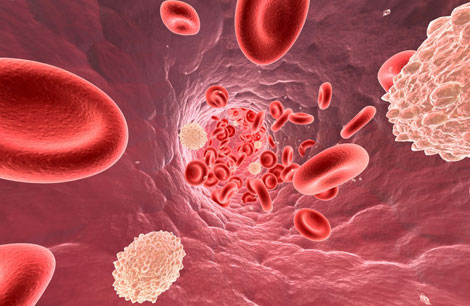
Cholesterol Levels
Healthcare providers recommend getting your cholesterol and triglyceride level checked every six months. A cholesterol level above 200 mg/dL is considered borderline high, and above 240 mg/dL requires treatment.
| Total Cholesterol | |
|---|---|
|
Below 200 mg/dL |
Desiderable |
|
200-239 mg/dL |
Borderline Hight |
|
240 mg/dL and above |
Hight |
| HDL cholesterol | |
|---|---|
|
Below 40 mg/dL (men) |
Poor |
|
50-59 mg/dL |
Better |
|
60 mg/dL and above |
Best |
| LDL cholesterol | |
|---|---|
|
Below 70 mg/dL |
Ideal for people at very high risk of heart disease |
|
Below 100 mg/dL |
Ideal for people at risk of heart disease Hight |
|
100-129 mg/dL |
Near ideal |
|
130-159 mg/dL |
Borderline high |
|
160-189 mg/dL |
High |
|
190 mg/dL and above |
Very high |
| Triglycerides | |
|---|---|
|
Below 150 mg/dL |
Desiderable |
|
150-199 mg/dL |
Borderline high |
|
200-499 mg/dL |
High |
|
500 mg/dL and above |
Very high |
How to lower
cholesterol naturally
There are many different natural remedies to reduce cholesterol.
Simple changes, such as increasing your daily physical activity and decreasing your sugar intake can make a big difference.
Some additional natural remedies can include the following:
- Increase Omega 3 fatty acid intake
- Decrease alcohol consumption
- Increase consumption of foods high in soluble fiber
- Decrease hydrogenated and trans fat intake
One of the easiest ways to increase HDL levels in your system, and consequently lower cholesterol levels can likely be found right in your kitchen at home. Olive oil has been proven to be one of the most helpful sources to decrease overall levels of cholesterol in the system.
Olive leaf extract to lower your cholesterol
It has been known that olive leaf extract aids in immune system functioning and management of viral infections, diabetes, cancer and neurodegenerative diseases, however, in addition, olive leaf extract also has been proven to decrease abnormal levels of LDL in the blood, while simultaneously assisting in the maintenance of normal blood pressure.
Endothelial cells that line arterial walls have the important task of regulating blood flow through the vessels – these cells are usually the first to become affected by cholesterol. Endothelial dysfunction is one of the earliest stages in atherosclerosis (hardening of the arteries) which occurs when plaque builds up in the arterial wall.
Olive leaf extract increases the production of nitric oxide, which helps relax the endothelial cells and blood vessels, allowing blood to flow freely through the arteries.
Furthermore, polyphenol compounds found in olive leaves help to prevent the formation of arterial plaques and reduce the risk of heart attack and stroke in two ways. First, they reduce the production of “adhesion molecules”, which are the initial step in allowing white blood cells and platelets to stick to arterial walls, causing plaque formation and eventually arterial blockage.
In a second way, they reduce platelet aggregation (clumping), which in conclusion, reduces the risk of stroke or heart attack.
Overall, olive leaf extract is a dietary supplement and an excellent preventative measure to take for many potential health issues (even greater than cholesterol). Try now one of the best cholesterol lowering drinks, Verdepuro Vita).


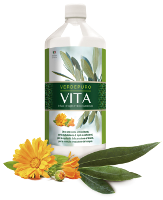
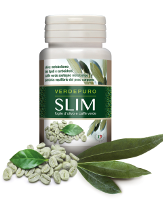
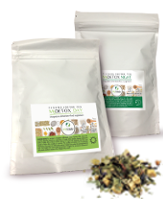
 Логин
Логин
 Register
Register 


